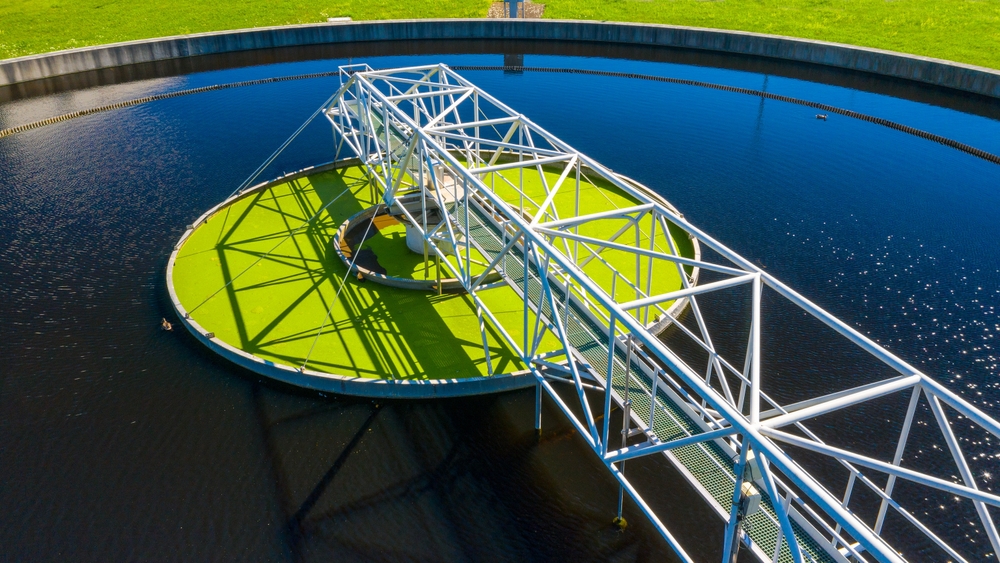

This course is very important for learning about energy, carbon and environment issues. It gives a basic understanding of what energy use and carbon release mean and how the environmental impact can be mitigated in the scope of industries promoting sustainable energy use.
| City | Start Date | End Date | Fees | Register | Enquire | Download |
|---|---|---|---|---|---|---|
| Casablanca | 23-06-2025 | 27-06-2025 | 4950 $ | Register | Enquire | |
| Amman | 30-06-2025 | 04-07-2025 | 3950 $ | Register | Enquire | |
| Barcelona | 07-07-2025 | 11-07-2025 | 6200 $ | Register | Enquire | |
| Casablanca | 14-07-2025 | 18-07-2025 | 4950 $ | Register | Enquire | |
| Dubai | 21-07-2025 | 25-07-2025 | 4300 $ | Register | Enquire | |
| Cairo | 28-07-2025 | 01-08-2025 | 3950 $ | Register | Enquire | |
| Zurich | 04-08-2025 | 08-08-2025 | 5600 $ | Register | Enquire | |
| Madrid | 11-08-2025 | 15-08-2025 | 6200 $ | Register | Enquire | |
| Paris | 18-08-2025 | 22-08-2025 | 6200 $ | Register | Enquire | |
| Prague | 25-08-2025 | 29-08-2025 | 6200 $ | Register | Enquire | |
| Casablanca | 01-09-2025 | 05-09-2025 | 4950 $ | Register | Enquire | |
| Sharm El Sheikh | 08-09-2025 | 12-09-2025 | 3950 $ | Register | Enquire | |
| Amsterdam | 15-09-2025 | 19-09-2025 | 6200 $ | Register | Enquire | |
| London | 22-09-2025 | 26-09-2025 | 6200 $ | Register | Enquire | |
| Dubai | 29-09-2025 | 03-10-2025 | 4300 $ | Register | Enquire | |
| Kuala Lumpur | 06-10-2025 | 10-10-2025 | 4950 $ | Register | Enquire | |
| Cape Town | 13-10-2025 | 17-10-2025 | 5600 $ | Register | Enquire | |
| Istanbul | 27-10-2025 | 31-10-2025 | 4950 $ | Register | Enquire | |
| Amsterdam | 03-11-2025 | 07-11-2025 | 6200 $ | Register | Enquire | |
| Kuala Lumpur | 10-11-2025 | 14-11-2025 | 4950 $ | Register | Enquire | |
| Cairo | 17-11-2025 | 21-11-2025 | 3950 $ | Register | Enquire | |
| Madrid | 01-12-2025 | 05-12-2025 | 6200 $ | Register | Enquire | |
| London | 08-12-2025 | 12-12-2025 | 6200 $ | Register | Enquire | |
| Amsterdam | 15-12-2025 | 19-12-2025 | 6200 $ | Register | Enquire | |
| Casablanca | 29-12-2025 | 02-01-2026 | 4950 $ | Register | Enquire |
With growing concerns surrounding climate change, carbon footprints, and energy production, it is crucial to define and understand the complexities of these phenomena and the wide range of information related to them.
This course on energy and carbon management, along with its environmental impact, aims to provide clarity on energy-related issues by exploring energy creation, its environmental and ecological consequences, waste management challenges, and the global efforts to address these challenges. As the world transitions towards a low-carbon future, it is vital for organizations to educate their members, incorporating concepts of climatology and environmental studies into the process of energy reconceptualization.
By the end of this course, participants will be able to:
Unit 1: Types of Energy and Their Environmental Relations
Unit 2: Non-Renewable Energy Sources for Electricity Production
Unit 3: Carbon Footprints
Unit 4: Greenhouse Gases (GHGs)
Unit 5: Climate Change
By bridging these gaps, participants in this course will gain a profound understanding of the interconnections between energy, carbon, and the environment, preparing them to make valuable contributions in the fields of environmental science and energy management.



















